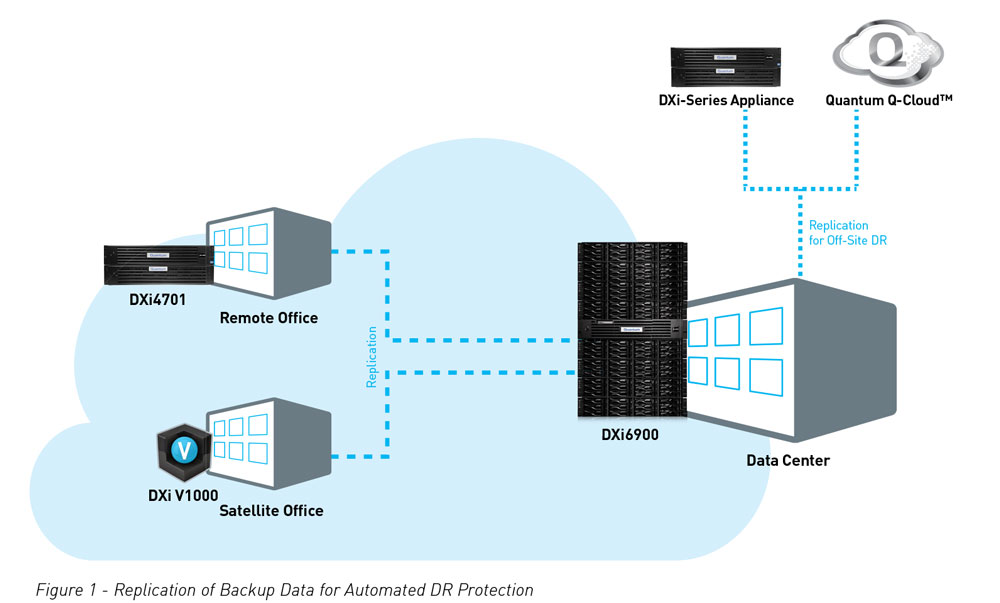In the ever-evolving realm of information storage, traditional paradigms are being challenged by innovations that promise to revolutionize our capacity to store and retrieve data. Foremost among these advancements is quantum storage technology, which heralds the potential to encapsulate staggering volumes of information—potentially up to 100 DVDs on a single disc. This paradigm shift not only portends a transformation in media storage but also promises profound implications across various sectors, from data archiving to consumer electronics.
At the core of quantum storage is the manipulation of quantum bits, or qubits, which are the fundamental units of quantum information. Unlike classical bits that exist in binary states (0 or 1), qubits can exist in superpositions of 0 and 1 simultaneously, permitting an exponential increase in storage capability. Thus, the fundamental principle driving quantum storage is the harnessing of the peculiar behaviors of quantum mechanics, enabling a previously unattainable density of data storage.
Quantum storage technology primarily relies on several intricate methodologies, among which optical storage using quantum dots and the use of atoms and molecules for information entanglement stand prominent. Quantum dots serve as nanoscale semiconductor particles that can confine electrons in three dimensions and, consequently, can be manipulated in various states for data storage. In contrast, atomic systems, specifically those utilizing photons, exploit the quantum phenomenon of entanglement to encode and retrieve information with unprecedented efficiency. The implications of these techniques are profound, inviting possibilities for vast archival systems and instantaneous data access.
One critical dimension to consider is the potential impact on content delivery and accessibility. With the capacity to store significant libraries of data compactly, quantum storage could facilitate the archiving of extensive video databases, merging entire film archives or digitized libraries onto singular discs. This capability would drastically reduce physical storage requirements, not only saving space in data centers but also contributing to ecological sustainability by minimizing the carbon footprint associated with traditional data storage methodologies.
In terms of applications, the entertainment industry stands to gain enormously from quantum storage advancements. The ability to house entire film series, video game bundles, or virtual reality content on a single disc can create a market for high-capacity, affordable media that retains high fidelity. For consumers, this transition presents opportunities for comprehensive collections of media without the cumbersome physical bulk of multiple discs, paving the way for seamless integration with digital platforms that enable easy access and playback.
Moreover, sectors such as cloud computing and big data analytics are poised for significant transformations through quantum storage. The astronomical growth of data generated by businesses and individuals necessitates robust, scalable storage solutions. As companies increasingly leverage data-driven insights, the integration of quantum storage systems could facilitate real-time processing and analysis, effectively reducing latency and enhancing decision-making capabilities. Organizations that adopt this technology will likely gain a competitive edge, as higher data capacity correlates directly with improved operational efficiencies.
Yet, with these advancements come challenges and considerations that must be addressed. Quantum storage technology is still in its nascent stages, and the path to practical implementation is paved with technical hurdles. Scalability remains a significant issue, as current quantum systems are often limited in how qubits are harnessed and manipulated. Furthermore, the intricacies of quantum coherence and error correction present additional difficulties in maintaining data integrity over extended periods.
The security landscape is another area of concern. With enhanced data capacity comes the heightened imperative for secure data management and protection against breaches. Quantum storage inherently raises questions about encryption, especially when considering the capacity for quantum computers to potentially decrypt traditional security algorithms. As companies explore quantum encryption techniques, they must remain vigilant about the security implications associated with quantum data storage.
Additionally, consumer education and market readiness will play key roles in the adoption of quantum storage technologies. While the technology promises immense benefits, users must be equipped to understand and utilize these new systems effectively. Educational initiatives and strategic partnerships among technology firms, educational institutions, and industry leaders will be paramount to guide the transition to this new storage paradigm.
In conclusion, the unfolding landscape of quantum storage is rapidly progressing, poised to redefine how data is stored and accessed across multifarious domains. The envisaged capability of encapsulating vast amounts of information—equivalent to 100 DVDs on a single disc—underscores the urgency and significance of this technological evolution. As research and development continue to advance, stakeholders must navigate the associated challenges conscientiously while capitalizing on the myriad opportunities presented by quantum storage. From enriching consumer experiences in entertainment to enhancing operational efficiencies in data-intensive industries, the future of data storage is not only exciting but essential for a myriad of applications spanning from personal to global considerations. The age of quantum storage is not merely coming; it is already in motion, challenging our perceptions of data capabilities in the digital era.












